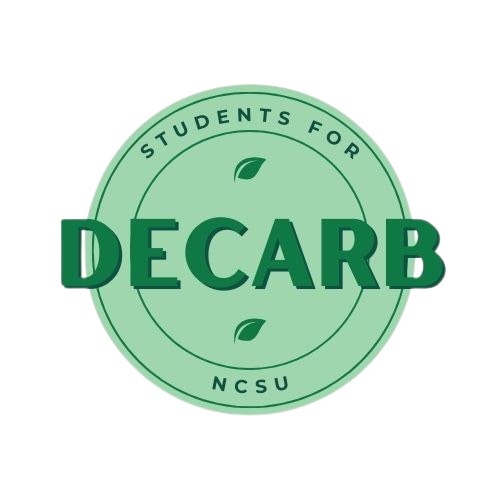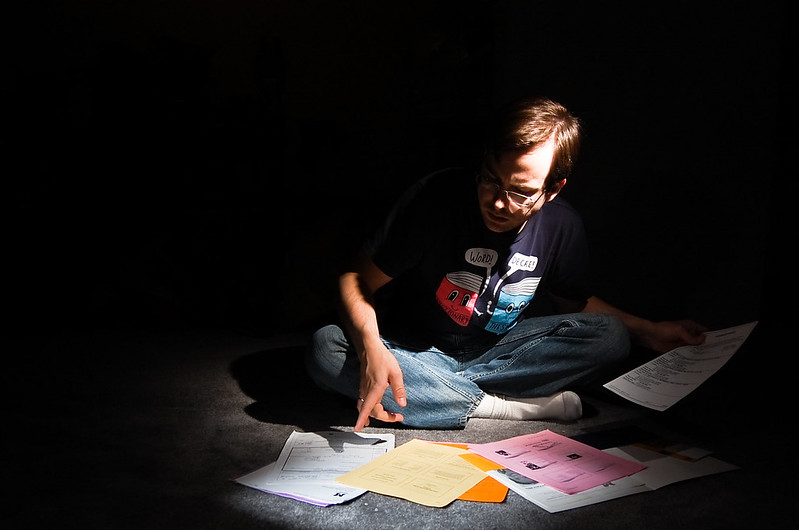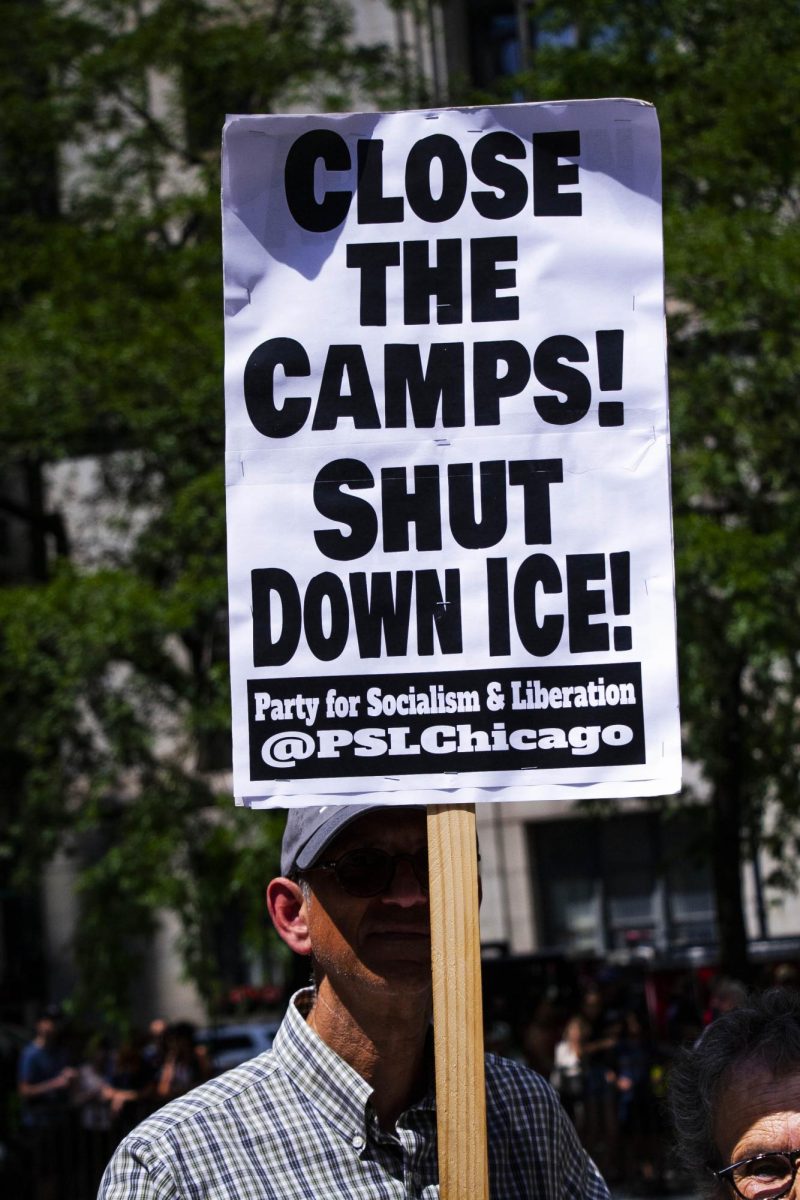Students closely following the Presidential Election this year may have overlooked the local, non-partisan and high-stakes races happening right here in Raleigh.
Wake county sample ballots contain both partisan and nonpartisan races. In partisan elections, political parties are listed next to a candidate’s names, while in non-partisan elections, no party is listed. That being said, non-partisan elections are certainly still full of partisan politics, and almost all candidates running in them are publicly registered with a political party including the Democratic, Republican, Libertarian and Green parties.
Almost a fourth of the races on my sample ballot are non-partisan, including Raleigh’s mayor, city council, board of education and the soil and water supervisor. Researching local candidates thoroughly is essential as you cannot rely on party labels to tell you who to vote for, and these offices have tremendous power to influence life in Raleigh, especially rent rates.
Redfin, a real estate company, reported that median national rent declined from March 2022 to March 2023, while Raleigh’s rent increased more than any other city in the country.
A majority of NC State students live off campus and are deeply aware of sky-rocketing rent prices. However, many may not know that Raleigh’s real estate-friendly city government has enabled development projects that have gentrified Raleigh, contributing to these rent hikes. Six of Raleigh’s eight city council members receive more than 25% of their campaign funding from real estate developers. Mary Black and Christina Jones are the only two exceptions.
The city council influences the real estate development environment through property taxes, zoning laws, public housing and land use or development ordinances. Although the entire council says addressing Raleigh’s affordable housing crisis is a top priority, they have also used their majority powers to enable development projects like John Kane’s Downtown South Development despite serious community concerns of gentrification. However, everything could change in this election, as a new slate of pro-working-class candidates are challenging the real estate-funded incumbents.
I wrote the Students for Decarbonization (Decarb) Voting Guide for Raleigh’s non-partisan and Green Party election. This article summarizes that voting guide, and you can find the complete guide on our instagram bio @decarb_ncsu.
My philosophy for nonpartisan elections is to vote for progressive candidates and against real estate developers or candidates funded by them. This makes supporting Democrat Sam Hershey for Wake County Board of Education District 6 an easy choice, given his only opponent is a conservative real estate advisor.
Likewise, Decarb endorses Democrat Reese Wamsley for Wake County Soil and Water Conservation District Supervisor.
Raleigh’s eight city council seats are a bit more complicated. Five of the eight seats are district seats, meaning voters only vote for one candidate in their district. Raleigh citizens vote on two all council seats and the final seat is taken by the mayor.
Five candidates are running for Raleigh’s mayor, but only three refuse substantial real estate money: Eugene Myrick, Terrance (Truth) Ruth and James L. Shaughnessy IV. While these candidates are all progressive, I encourage you to research which one best aligns with you and your values.
In City Council District D, where NC State’s campus and most of the university’s students live, Jane Harrison is running an uncontested race. While a proponent of affordable housing, Harrison has received $13,000 in campaign donations from real estate developers.
Instead, Decarb endorses write-in candidate Damien Gu, a working-class candidate who has refused to accept any funding from real estate investors!
If you don’t know which district you vote in or who is running near you, the NC Board of Elections offers a simple guide to see your sample ballot.
Every Raleigh voter selects two at-large candidates for city council. Of the six candidates running, three do not take substantial money from big real estate development: Reeves Peeler, Robert Steele Jr. and Joshua Bradley.
Students for Decarbonization endorses Reeves Peeler for consistently promising to hold developers accountable for the costs they create for the working class. While this summarizes the non-partisan elections for students living near NC State, it’s not the end of the ballot.
Students must also vote on a confusing Constitutional Amendment Referenda that will add language to the NC constitution specifying that “only a citizen of the United States who is 18 years of age” can vote in NC elections. This is already codified and enforced by the state constitution, but what the ballot omits is that this text will replace constitutional text that reads “Every person born in the United States and every person has been naturalized, 18 years of age [can vote in NC elections]” By removing language that affirms the voting rights of naturalized citizens from the state constitution, this amendment would stir up anti-immigrant rhetoric and open the door for future voter suppression of naturalized citizens.
The Decarb Voting Guide also includes information on the presidential, senate and gubernatorial Green Party candidates. Heading their presidential ticket is JJill Stein, with Rudolph Ware as vice president. Michael Dublin is running for US House of Representatives District 2, and Wayne Turner is running for NC Governor.
Green Party candidates often align better with student politics than Democrats. For example, all three Green candidates on Raleigh’s ballot support an immediate ceasefire between Israel and Hamas and the complete replacement of fossil fuels with renewable energy sources, while none of their democratic opponents support either policy. Commitments to these policies and complete platforms can be found on the respective websites for Stein, Dublin, and Wayne.
Many voters I’ve talked to in past elections still end up voting for Democrat candidates even if their beliefs better align with the Green Party because they do not want to risk a Republican victory.
I feel the same pressure. As a North Carolina voter, where the presidential election is expected to be the closest in the country, I am voting for Kamala Harris for president. However, not all races come with the same tension.
538, an American opinion analyst who simulates election results with ABC News, modeled Harris winning 48 out of 100 simulations with Trump winning 52. However, recent 538 polls show Republican Mark Robinson is behind Democrat Josh Stein by about 13%, and a model by The Hill gives Democrat Deborah Ross less than a 1% chance of losing her race for US House of Representatives District 2.
If you are voting Democrat in order to guarantee a Republican won’t win, it is important to know the chance the Republican actually has for victory.







